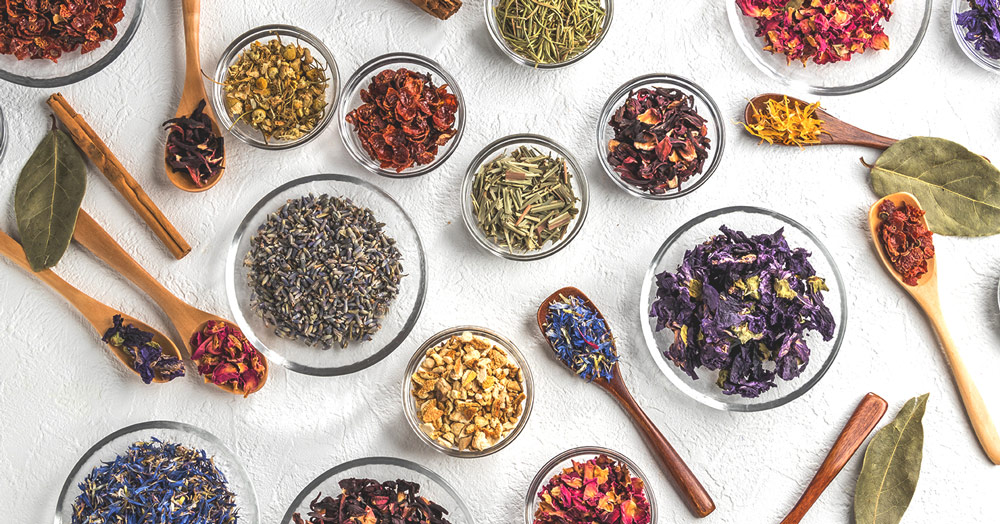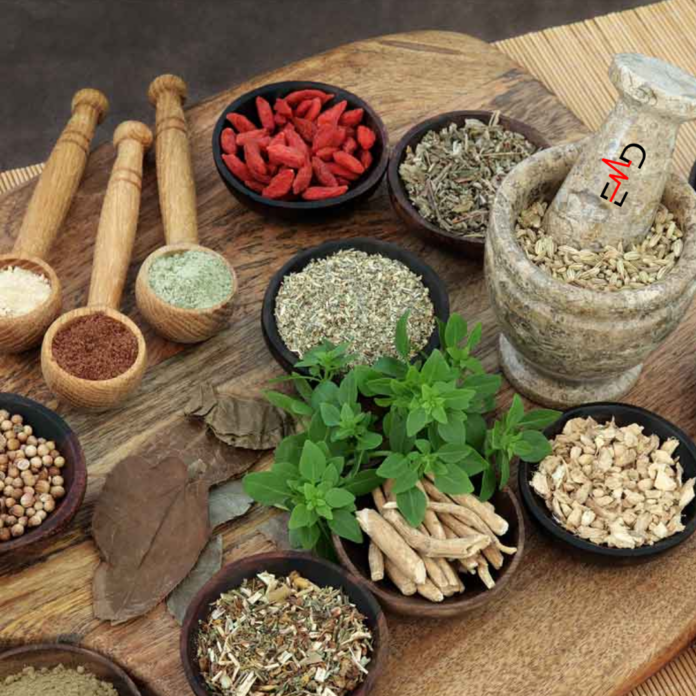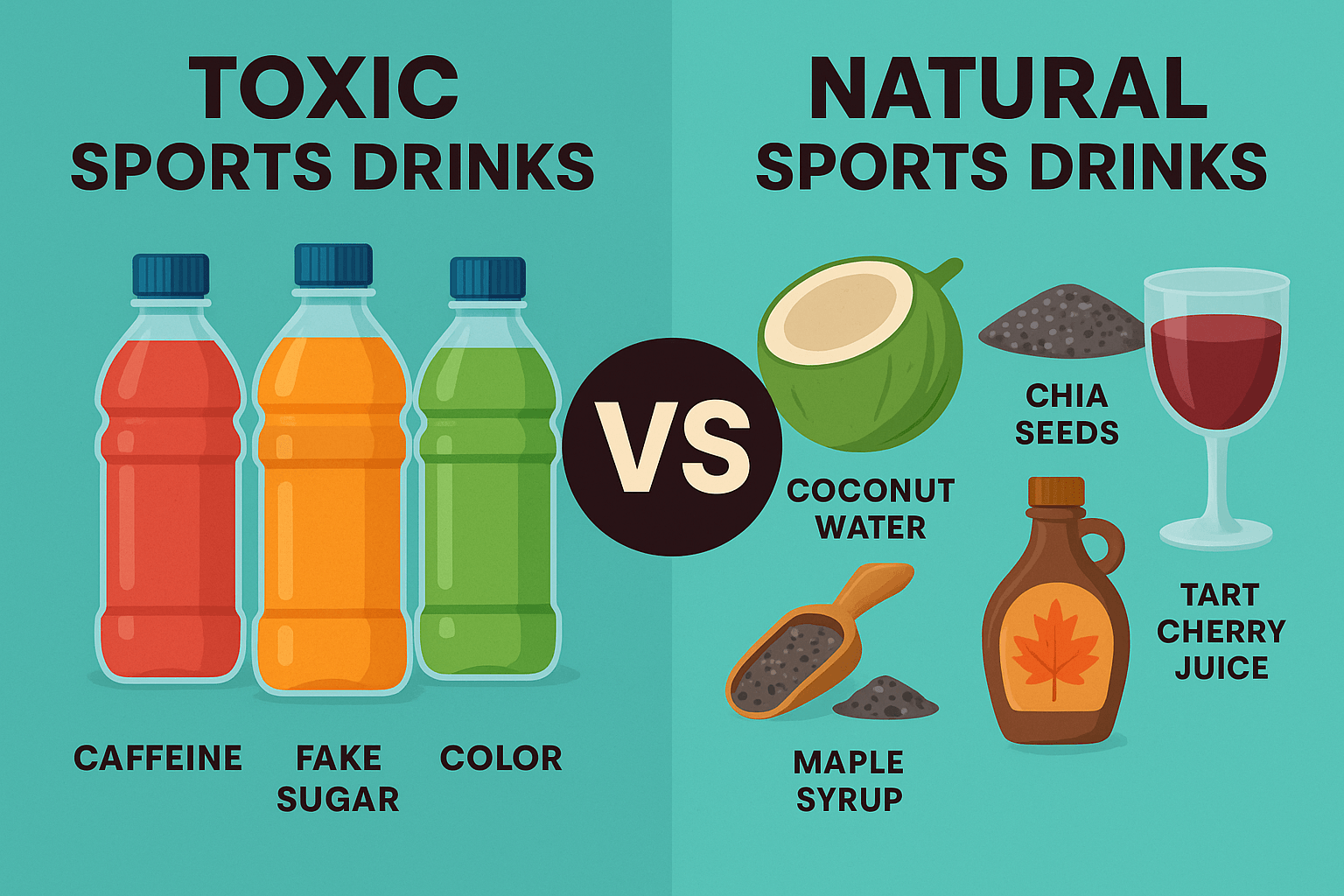Exercise Daily – Digestive issues can disrupt our daily lives, challenging even the simplest tasks. From an upset stomach to chronic digestive disorders, these problems can affect anyone. Thankfully, natural remedies offer effective solutions without the harsh side effects of conventional medicine. Let’s explore the world of herbal remedies and their role in promoting gut health.
Digestive health is critical to overall wellness, particularly for athletes whose physical demands require optimal nutrient absorption and gastrointestinal function. Herbal remedies have been used for centuries to support digestive health, and they are increasingly being recognized for their role in maintaining gut health in athletes.
Understanding Digestive Issues
Digestive issues encompass a variety of symptoms and conditions affecting the gastrointestinal (GI) tract. Common symptoms include nausea, constipation, diarrhea, and bloating. Understanding these issues is the first step toward finding relief.
Common Symptoms
- Nausea: Feeling of discomfort in the stomach often accompanied by an urge to vomit.
- Constipation: Difficulty or infrequent bowel movements.
- Diarrhea: Loose or watery stools occurring more frequently than usual.
- Bloating: Feeling of fullness or swelling in the abdomen.
Causes of Digestive Issues
- Diet: Poor eating habits, lack of fiber, and consumption of fatty or spicy foods.
- Lifestyle: Lack of exercise, stress, and inadequate sleep.
- Medical Conditions: IBS, GERD, ulcers, and infections.

Importance of Gut Health
Gut health is crucial for overall well-being. The gut, often called the body’s “second brain,” plays a significant role in digestion, immunity, and mental health. Maintaining a healthy gut helps prevent digestive disorders and supports overall health.
Gut health is vital for athletes due to its role in nutrient absorption, energy production, and immune function. A healthy gut ensures that the body efficiently absorbs nutrients for energy, muscle recovery, and overall performance. Furthermore, the gut is a significant component of the immune system, which is crucial for athletes frequently exposed to physical stress and potential pathogens.
Functions of the Gut
- Digestion: Breaking down food and absorbing nutrients.
- Immunity: Housing beneficial bacteria that support the immune system.
- Mental Health: Producing neurotransmitters that affect mood and cognitive function.
Common Digestive Disorders
Irritable Bowel Syndrome (IBS)
They are characterized by abdominal pain, bloating, and altered bowel habits. IBS is a chronic condition that can significantly impact quality of life.
Gastroesophageal Reflux Disease (GERD)
A chronic condition where stomach acid flows back into the esophagus, causing heartburn and discomfort. GERD can lead to more severe complications if left untreated.
Ulcerative Colitis
An inflammatory bowel disease causes long-lasting inflammation and ulcers in the digestive tract. Symptoms include abdominal pain, diarrhea, and rectal bleeding.
Chronic Constipation
Infrequent bowel movements or difficulty passing stools. Chronic constipation can lead to discomfort and other complications like hemorrhoids.

Benefits of Herbal Remedies
Herbal remedies have been used for centuries to treat various ailments. They offer several benefits for digestive health:
Natural and Gentle
Herbal remedies are less likely to cause side effects compared to synthetic drugs. They provide a natural alternative for managing digestive issues.
Anti-inflammatory Properties
Many herbs have anti-inflammatory properties that help reduce GI tract inflammation, alleviating symptoms of digestive disorders.
Support Digestive Enzymes
Herbs like ginger and peppermint promote the production and effectiveness of digestive enzymes, aiding in the breakdown of food.
Balance Gut Bacteria
Herbal remedies encourage a healthy gut microbiome for digestion and overall health.
Popular Herbal Remedies for Digestive Issues
Ginger
Ginger is a powerful herb known for its anti-inflammatory and anti-nausea properties. It helps stimulate digestion and soothe an upset stomach. Ginger is particularly effective for nausea and vomiting, making it a popular remedy for motion and morning sickness.
Peppermint
Peppermint oil is commonly used to alleviate symptoms of IBS. It helps relax the muscles of the GI tract, reducing spasms and discomfort. Peppermint tea is also excellent for soothing digestive concerns like bloating and gas.
Chamomile
Chamomile is a gentle herb that helps calm the digestive system. It has anti-inflammatory and anti-spasmodic properties, effectively treating indigestion, diarrhea, and stomach cramps. Chamomile tea is a popular remedy for digestive upset.
Fennel
Fennel seeds are known for their ability to relieve bloating and gas. They help relax the GI muscles and promote the expulsion of gas. Fennel is also beneficial for improving appetite and digestion.
Licorice Root
Licorice root has been used to soothe stomach ulcers and reduce inflammation. It helps protect the stomach lining and promotes healing of the digestive tract.
Slippery Elm
Slippery elm creates a soothing gel that coats the digestive tract, reducing irritation and inflammation. It is effective for conditions like GERD and ulcers.

How to Use Herbs for Digestion
Herbal Teas
Herbal teas are a simple and effective way to incorporate herbs into your diet. They can be consumed daily to support digestive health. Popular options include ginger tea, peppermint tea, and chamomile tea.
Essential Oils
Essential oils can be used for aromatherapy or applied topically. For digestive issues, peppermint oil is particularly effective. Always dilute essential oils before use and consult with a healthcare professional.
Herbal Supplements
Herbal supplements are available in various forms, including capsules, tablets, and tinctures. They provide a concentrated herb dose and are convenient for daily use. Be sure to follow the recommended dosage and consult with a healthcare provider.
Recipes for Herbal Remedies
Ginger Tea Recipe
- Ingredients: Fresh ginger root, water, honey, lemon.
- Instructions: Peel and slice the ginger root. Boil water and add ginger slices. Let it steep for 10 minutes. Add honey and lemon to taste.
Peppermint Tea Recipe
- Ingredients: Fresh or dried peppermint leaves, water, honey.
- Instructions: Boil water and pour over peppermint leaves. Let it steep for 5-10 minutes. Add honey to taste.
Chamomile Tea Recipe
- Ingredients: Dried chamomile flowers, water, honey.
- Instructions: Boil water and pour over chamomile flowers. Let it steep for 5 minutes. Add honey to taste.
Safety and Precautions
While herbal remedies are generally safe, it’s essential to use them responsibly:
Consult with a Healthcare Provider
Before starting any new remedy, especially if you have existing health conditions or are taking other medications, consult with a healthcare provider.
Proper Dosage
Follow the recommended dosage to avoid adverse effects. Overconsumption of herbal remedies can lead to unwanted side effects.
Allergies
Be aware of potential allergic reactions and discontinue use if you experience any adverse effects. Always start with a small dose to test for allergies.

Conclusion
Herbal remedies offer a natural and effective way to support digestive health. These powerful herbs can help alleviate various digestive issues, from ginger to chamomile. Incorporating these remedies into your daily routine can promote a healthier gut and improve your overall well-being.
Herbal remedies offer a natural and effective way to manage digestive issues and support gut health in athletes. By addressing common digestive problems and promoting a healthy gut environment, these remedies can enhance overall athletic performance, recovery, and well-being. However, athletes must approach herbal supplementation carefully, ensuring that any herbal remedy suits their needs and training regimen.
FAQs – Herbal Remedies for Digestive Issues
Q: Can herbal remedies replace conventional medicine for digestive issues?
A: Herbal remedies can complement conventional treatments but should not replace prescribed medications without consulting a healthcare provider.
Q: How often should I drink herbal teas for digestive health?
A: Drinking 1-2 cups of herbal tea daily can support digestive health. Adjust based on your needs and tolerance.
Q: Are there any side effects of using herbal remedies for digestion?
A: While generally safe, some individuals may experience side effects. It’s important to start with small doses and monitor your body’s response.
Q: Can I use essential oils internally for digestive issues?
A: Essential oils should not be ingested unless specifically designed for internal use and recommended by a healthcare professional.
Q: What is the best time to take herbal supplements for digestion?
A: Herbal supplements can be taken before meals to aid digestion. Follow the instructions on the supplement label for optimal results.





